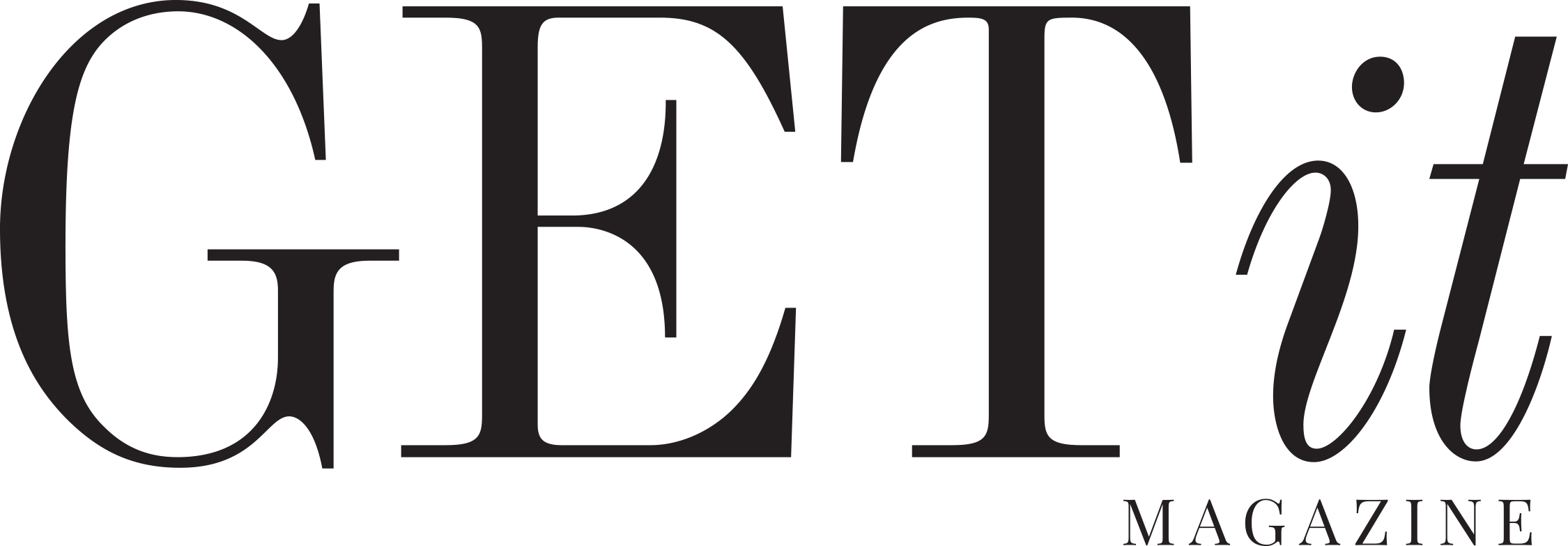Coomera-based Jessie Walter is a dietitian – here she sheds light on menopause, and healthy habits we should implement now
~
“I never had a weight problem until I turned 40”. “The weight just doesn’t come off like it used to”. Sound familiar?
Menopause is the topic that many women dread as they head towards their late 30’s and into their 40’s but it’s something that none of us can avoid. Perimenopause will generally start in our 40’s but it can begin as early as our mid-30’s, bringing along with it many unwanted changes. These changes can include weight gain, loss of lean body mass (muscle), bone health concerns as well as an increased chronic disease risk.
The good news is that there are lifestyle and nutrition changes that can be made to reduce the risk of these unwanted changes, and the earlier these are made, the better.
Body composition
One of the biggest challenges midlife women face is unwanted weight gain. This weight gain is a combination of age-related weight increases, as well as hormonal changes associated with menopause. Women will gain an average of 0.5kg per year between age 45-55 and a total of 2.3kg during menopause. Due to hormonal changes, there is an increase in body fat, particularly visceral fat (central) which surrounds our vital organs within the abdomen. Along with this, women over the age of 40 begin to lose about 1% of their lean body mass (muscle) per year, especially if they are inactive.
Chronic disease risk
During menopause, women are at a higher risk of developing chronic conditions including diabetes, coronary heart disease and hypertension. The combination of hormonal and physiological changes, as well as increased central body fat are to blame for this increased risk.

Bone health
The increased risk of bone loss begins before menopause, with the critical window for bone loss occurring one to two years before a woman’s last period and the five years following this. It is extremely important to enter menopause with enough bone density as women can lose up to 20% bone density during the menopausal transition.
Hot flashes and sleep disturbances
During menopause you may experience a range of symptoms including hot flashes or night sweats, which can interrupt sleep. Loss of sleep can impact appetite regulation by increasing levels of our hunger hormone and decreasing levels of our satiety (fullness) hormone, which can increase risk of weight gain.
What can you do?
There are weapons you can use to prevent unwanted weight gain, increased chronic disease risk, decreasing bone health and menopause symptoms including following a healthy diet and regular exercise. We need to avoid STD (sitting-to-death disease) and make sure we continue to exercise. The recommendation during menopause jumps from 30 to 60 minutes per day of moderate intensity exercise, with at least two weight trainings per week. This helps improve chronic disease risk, weight gain, muscle loss and bone density.
Nutrition recommendations are to follow a plant-based, Mediterranean style of eating and consume regular amounts of protein to maintain lean muscle mass. Protein should be evenly spread over the day, aiming for about 25-30g at each time, and always having protein within 30 to 60 minutes after exercising to build muscle. Calcium is critical for bone health, but you should always choose food sources before supplements.
Other lifestyle considerations include reducing alcohol intake, stopping smoking and maintaining adequate vitamin D levels.
There are a few considerations to reduce your sleep disturbances – refrain from drinking caffeinated beverages four to six hours prior to bed and alcohol within three hours of bed; practice a regular sleep routine; eat a light evening meal; exercise earlier in the day or at least three hours before bed; and go to bed only when you are tired.
Menopause brings with it many changes, but these don’t have to be feared. You can promote your health during menopause by eating well and exercising. And always seek advice if you have any concerns.
About Jessie Walter
Dietitian (APD)/ Nutritionist (AN)
Fertility and Pregnancy Dietitian
SOS Trained Feeding Therapist





